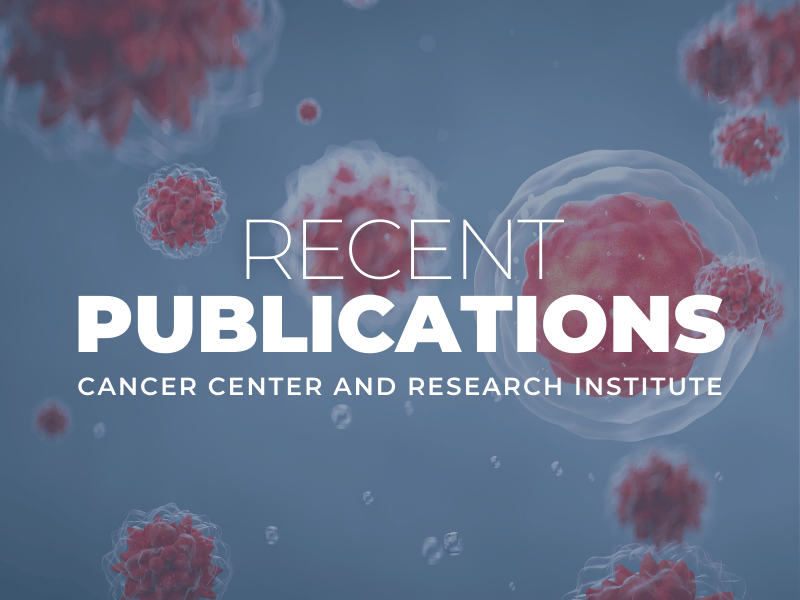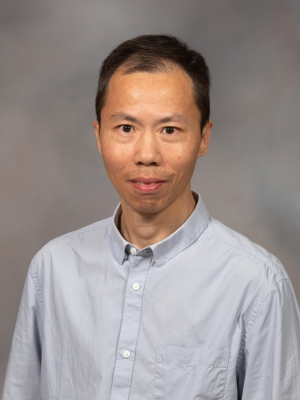Recent publications

Study reveals Jagged1's dual role in breast cancer treatment
While many breast cancers respond well to initial treatment, there are certain subtypes, such as basal-like tumors, that are harder to treat and more likely to come back after therapy. To better understand what drives these differences, researchers have shifted their attention to the Notch signaling pathway, which has been shown to promote and suppress tumor growth.
One key player in this pathway is a protein called Jagged1. However, its exact role in breast cancer has remained unclear.

In a study led by Dr. Keli Xu, associate professor of cell and molecular biology and Cancer Center and Research Institute member, in collaboration with other researchers, looked at how Jagged1 works in the mammary gland, which is tissue in the breast that produces milk. Using mice and human cancer data, they found that when Jagged1 was removed from luminal cells, the inner layer of cells that help produce and transport milk, tumors were more likely to form. However, removing Jagged1 from basal cells, which help push milk through ducts during breastfeeding, helped reduce tumor growth.
These changes were linked to lower activity in two genes - HEY1 in luminal cells and HEY2 in basal cells. “HEY1 and HEY2 are genes that act differently in breast tissue. HEY1 helps stop tumors from forming in certain cells, while HEY2 can actually help tumors grow in other types of cells,” said Xu.
The researchers found that the role of the protein Jagged1 relies on the type of breast cancer. In the more common luminal-type, higher levels of certain genes were linked to better survival. On the other hand, in the more aggressive basal-like type, those same genes were tied to worse outcomes. Therefore, Jagged1 can either help or harm, depending on the cancer subtype.
“In recent years, therapeutic antibodies targeting JAGGED1 have been developed and shown promise in preclinical models of breast cancer. Our study suggests that such treatment will be beneficial to patients with basal-like type but not luminal-type of breast cancer,” said Xu.
Overall, the findings point to the potential of Jagged1 and its related genes as possible tools for developing personalized breast cancer treatments.

